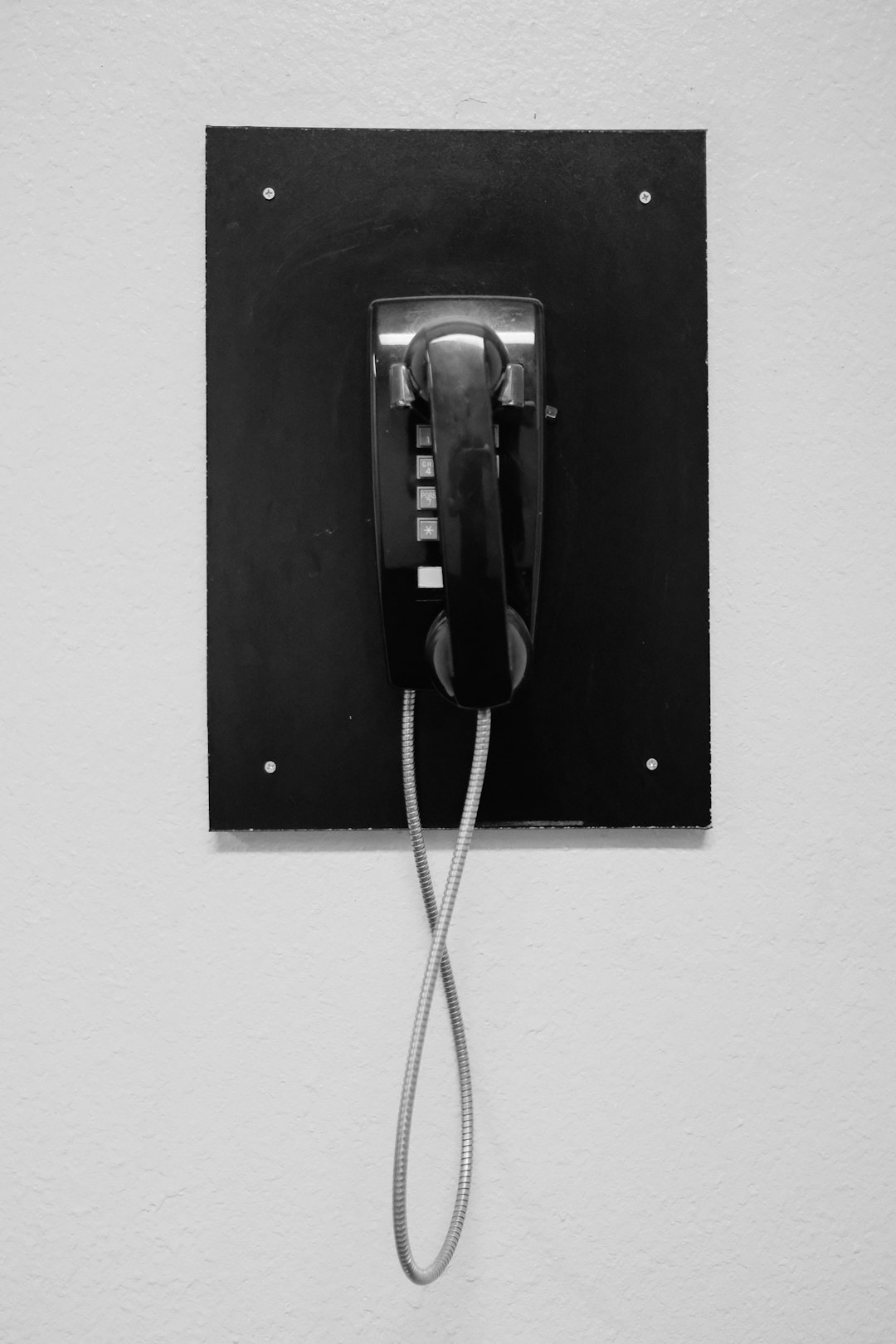North Carolina residents facing spam text messages can protect themselves through federal laws like the TCPA and state reporting mechanisms. Consulting a lawyer specializing in unwanted texts NC for legal guidance is crucial when dealing with persistent or deceptive spammers. Blocking senders, reporting incidents to service providers and the FTC, and seeking legal action through a qualified attorney are effective steps to combat text spam.
In North Carolina, dealing with spam text messages is a common nuisance. Understanding your legal rights and knowing how to report these unsolicited communications effectively can help protect you. This comprehensive guide covers everything from recognizing spam texts in NC to choosing the right lawyer for unwanted texts NC. Learn the step-by-step process of reporting spam, explore your protections under the law, and discover strategies to safeguard against future harassment.
Understanding Unwanted Text Messages in NC

In North Carolina, like many states across the country, receiving spam text messages is a common nuisance. These unsolicited and often marketing-related texts can range from promotional offers to fraudulent schemes, causing concern among recipients. Unwanted text messages are not only annoying but may also be illegal if they violate your privacy rights or involve deceptive practices. If you find yourself burdened by these persistent messages, understanding the legal framework surrounding them is a crucial first step.
North Carolina has laws in place to protect consumers from certain types of spam texts. A lawyer specializing in this area can help you navigate these regulations and determine the best course of action when dealing with relentless or deceptive messaging. By reporting such incidents, individuals not only protect themselves but also contribute to maintaining a safer digital environment for everyone in North Carolina.
Legal Rights Against Spam Texts

In North Carolina, like many other states, there are laws in place to protect consumers from spam text messages. According to the Telephone Consumer Protection Act (TCPA), businesses and individuals are prohibited from sending unsolicited texts for marketing purposes. If you’re receiving unwanted text messages, you have legal rights. A lawyer specializing in this area can help you understand your options and take appropriate action, including filing a complaint with the Federal Communications Commission (FCC) or seeking damages if the spammer has violated your privacy.
If you’ve been bothered by repeated spam texts, consulting a lawyer for unwanted texts NC can be beneficial. They can guide you through the legal process, ensure your rights are protected, and help stop the influx of intrusive messages. Remember, it’s not just about blocking the number; legal action can send a strong message to spammers and help prevent future harassment.
Reporting Spam: Step-by-Step Guide

Reporting spam texts is a straightforward process in North Carolina, offering individuals an effective way to combat unsolicited messages. Here’s a step-by-step guide to ensure your peace of mind:
1. Identify the Spam: First, confirm that the text message you received is indeed spam. Look out for signs such as promotional content, unknown senders, or pre-recorded messages.
2. Save and Document: Keep a record of the spam by saving the text in your phone’s message log. Note down any details like dates, times, and the frequency of similar messages. This documentation can be crucial if you decide to take further action.
3. Contact Your Service Provider: Reach out to your mobile network operator. Most carriers have dedicated teams to handle spam complaints. You can report the issue through their website or by calling their customer service hotline. Provide them with all the relevant information, including your saved messages and details about the sender.
4. Use NC’s Official Reporting Tools: North Carolina offers specialized tools for reporting spam texts. The state’s Department of Justice provides an online form where you can submit details about the unwanted messages. This report helps authorities track and address recurring spam issues.
5. Consider Legal Action (if needed): If the spam messages persist or involve deceptive practices, consult a lawyer specializing in unwanted texts (or similar legal areas) in North Carolina. They can guide you on potential legal remedies available to protect your rights and privacy.
Choosing the Right Lawyer for Text Spams

When dealing with persistent or malicious text spam in North Carolina, selecting the right legal counsel is a crucial step. Look for a lawyer for unwanted texts NC who specializes in consumer protection and telecommunications law. This expertise ensures they understand the nuances of anti-spam legislation and can effectively represent your interests.
Consider attorneys with experience navigating the state’s legal system regarding unsolicited communication. A skilled lawyer will be adept at filing complaints, sending cease-and-desist letters, and taking further legal action if necessary. Their goal should be to protect your rights as a North Carolina resident and put an end to unwanted text spamming.
Protecting Yourself from Future Spams

To protect yourself from future spam texts, take a few proactive steps. First, consider blocking the sender’s number using your phone’s settings. Most smartphones allow you to block numbers directly from the messages app. This simple action can significantly reduce the number of unwanted texts you receive.
Additionally, report the spam texts to your service provider and the Federal Trade Commission (FTC). Your carrier may have specific tools or processes for handling spam, and reporting it to the FTC helps them track and take action against malicious senders. If the spamming continues despite these measures, consult with a lawyer specializing in unwanted texts in North Carolina for legal options and guidance on how to proceed.






